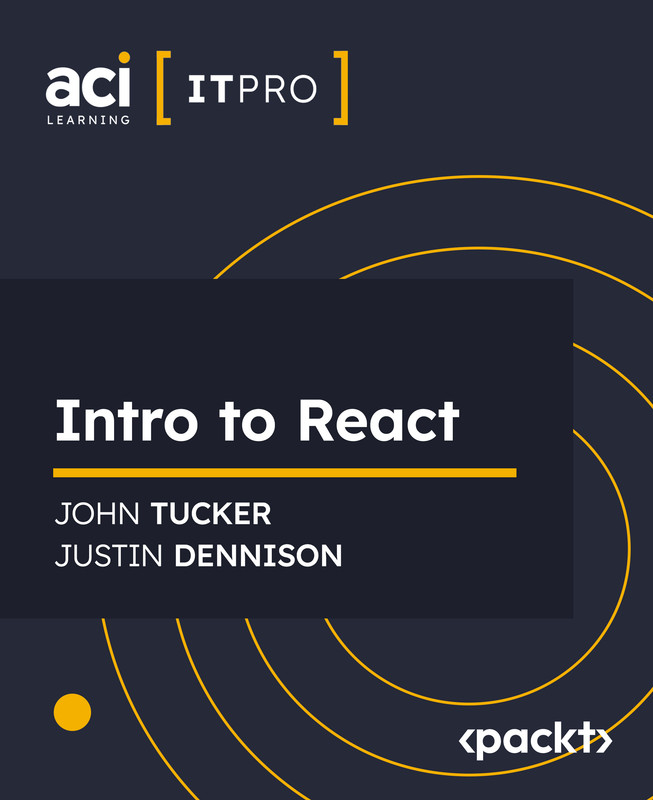Common Programming Concepts and Structs in Rust Guide
Rust Programming Concepts Guide
Welcome to the Rust Programming Concepts Guide, a comprehensive course designed to help you master the fundamentals of the Rust programming language. Whether you’re a beginner or have some experience, this course will provide you with essential Rust programming skills and knowledge to build efficient and safe applications. Throughout the course, you will explore Rust’s unique features, including memory safety, ownership, and concurrency, and learn how to write performant, reliable software.
Introduction
This course provides an in-depth introduction to Rust programming concepts, focusing on its core features and syntax. You will develop a strong understanding of Rust’s unique memory safety model, data types, and ownership system. By the end of this course, you’ll be confident in your ability to write safe, fast, and concurrent applications using Rust.
What You’ll Learn
- Understand Rust’s ownership and borrowing principles for memory safety.
- Work with Rust’s data types, including structs, enums, and tuples.
- Master pattern matching and control flow in Rust.
- Learn to write concurrent programs using Rust’s threads and async features.
- Utilize Rust’s error handling mechanisms (Result and Option types).
- Develop, test, and debug Rust applications using best practices.
Requirements
- Basic understanding of programming concepts.
- No prior knowledge of Rust is required; this course is suitable for beginners.
- Access to a computer with Rust installed (installation instructions will be provided).
Detailed Course Description
The course starts with an introduction to the Rust programming language, where you will learn about its syntax and features. As you progress, you will dive into more advanced topics such as memory management, concurrency, and ownership. The course includes practical examples and exercises to help you solidify your understanding of Rust’s concepts.
In addition to covering Rust’s unique memory safety and ownership model, you’ll explore essential Rust libraries for practical software development. You will also work on a hands-on project to build a fully functional application, gaining the real-world experience needed to work on production-level Rust projects.
Throughout the course, we focus on writing safe, efficient, and readable code by adhering to Rust’s best practices. After completing this course, you will be equipped to apply Rust to a wide range of applications, from systems programming to web development.
Who is This Course For?
This course is ideal for developers who are new to Rust and want to learn its core concepts. It is also suited for programmers who are familiar with other languages like C, C++, or Python and want to expand their skills with Rust. If you’re interested in system-level programming, building high-performance applications, or just want to explore a new language, this course is for you!
Outbound Links
Explore Related Courses
- Advanced Rust Programming
- Rust for Web Development
- System Programming with Rust
- Concurrency in Rust
- Rust Best Practices













